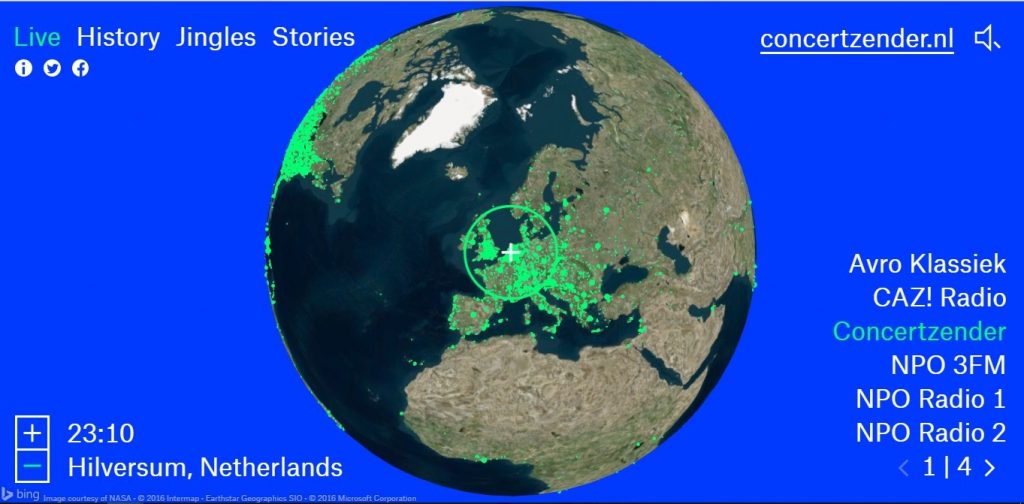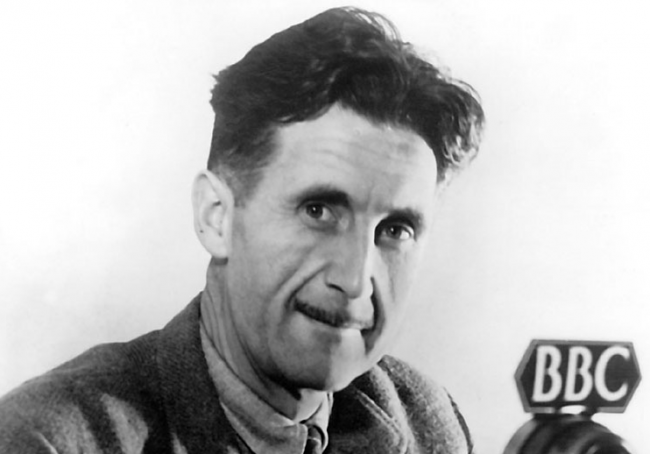Bill Murray is America’s kindliest, most eccentric, best known secular elf, spreading joy throughout the year, as he treats strangers to impromptu birthday serenades, poetry readings, and bachelor party toasts.
How will younger fans, who’ve never been exposed to the brash Murray of yore, react to his late 70s Santa, above, for the “National Lampoon Radio Hour”? This Grinch is a spiritual forefather of such department store baddies as Billy Bob Thornton and that guy from A Christmas Story.
Forget about Flexy the Pocket Monkey… Murray’s sham-Claus gleefully denies even the humblest of sweet-voiced little Gilda Radner’s requests — a Nerf Ball and a Pez dispenser.
Saturday Night Live fans of a certain vintage may detect more than a hint of Lisa Loopner’s boyfriend Todd De LaMuca in Murray’s vocal characterization. Instead of Noogies, he sends Radner giggling through “the trap door.”
Man, these two had chemistry!
They revisited the scenario in a holiday sketch for Saturday Night Live’s 3rd season, with Santa downgraded from “evil” to “drunken.”
Murray’s “Kung Fu Christmas” for the National Lampoon Radio Hour’s 1974 Christmas show, above, makes a smooth vintage chaser.
In addition to Radner, collaborators here include Paul Shaffer, Christopher Guest, and Bill’s brother Brian Doyle-Murray, a lily white line up unthinkable in 2016.
The lyrics and silky vocal stylings conjure visions of a disco-gritty yuletide New York, where “every race has a smile on its face.”
This time Radner gets to do the rejecting, in an extended spoken word interlude that finds Christopher Guest showering her with offers ranging from a house in the South of France to a glass-bottomed boat. (“Didn’t you like that Palomino horse I bought you last year?”)
Murray who continued to explore his musical urges with his SNL character, Nick the Lounge Singer, was replaced by David Hurdon when “Kung Fu Christmas” was recorded for 1975’s Good-bye Pop album.
Related Content:
Watch Bill Murray, the Struggling New SNL Cast Member, Apologize for Not Being Funny (1977)
Bill Murray Reads Great Poetry by Billy Collins, Cole Porter, and Sarah Manguso
Ayun Halliday is an author, illustrator, theater maker and Chief Primatologist of the East Village Inky zine. Her play Zamboni Godot is opening in New York City in March 2017. Follow her @AyunHalliday.




